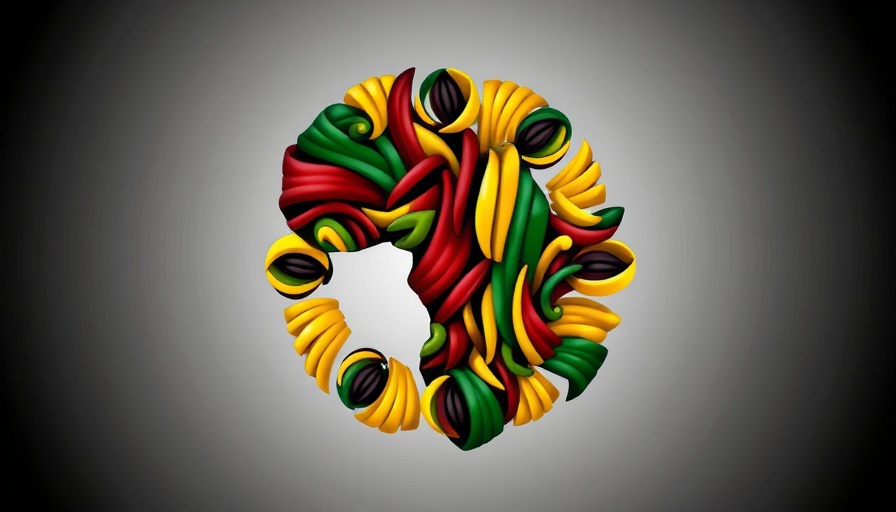
The Alarming Assaults on Journalists Covering Uganda's By-Elections
In a troubling turn of events on March 13, 2025, journalists covering the Kawempe North by-elections in Uganda were met with extraordinary violence from security forces. Reports indicate that at least a dozen media personnel, including notable names like Hasifah Nanvuma and Hassan Wasswa, were brutalized, leading to urgent medical attention for some. The International Federation of Journalists (IFJ) has joined local unions in condemning these assaults, underscoring a chilling effort by security forces to silence the voice of the press in a democratic process.
Media Freedom Under Fire: A Need for Accountability
Media freedom in Uganda is facing unprecedented challenges, where journalists have become targets for merely doing their job. Statements from the Uganda Journalists Union (UJU) reflect a serious concern about the intentional suppression of information. Lucy Ekadu, UJU President, called these attacks a strategic measure by security personnel to intimidate journalists, control information dissemination, and ultimately suppress media freedom in Uganda. The Uganda People's Defence Forces (UPDF) must be held accountable for its actions, as highlighted by numerous media organizations.
A Call for International Attention
The brutality faced by journalists is not just a local concern; it carries substantial implications for democratic freedom and the rule of law in Uganda. The international community must scrutinize these actions and advocate for the rights of journalists. This incident is part of a broader narrative about governance, human rights, and civic space in Africa, with significant repercussions for foreign relations.
Consequences for Journalists and the Media Landscape
Following the attacks, an unprecedented media blackout was declared by several unions in Uganda, forbidding journalists from covering security-related stories. This withdrawal of coverage risks allowing unchallenged narratives to emerge, further endangering democracy. Without a reliable and free press, misinformation can thrive, leading to increased instability in the region. The media’s role in ensuring informed citizenship and accountability in governance cannot be understated.
Future-Proofing Press Freedom in Africa
Moving forward, it is crucial for media organizations globally, especially those invested in Africa’s socio-political fabric, to support initiatives that protect press freedom. Establishing stronger institutional safeguards and mobilizing legal frameworks that protect journalists are dire necessities. The incidents in Uganda serve as a grim reminder of the fragile freedoms many journalists contend with in their pursuit of truth and accountability.
In conclusion, the attacks against journalists during the Kawempe North by-elections must galvanize international bodies, civil society, and the public to take definitive action against the erosion of press freedom. As stakeholders in Africa's governance and political landscape, we must collectively advocate for the safety and rights of journalists to ensure an informed populace.
 Add Row
Add Row  Add
Add 


 Add Row
Add Row  Add
Add 

Write A Comment